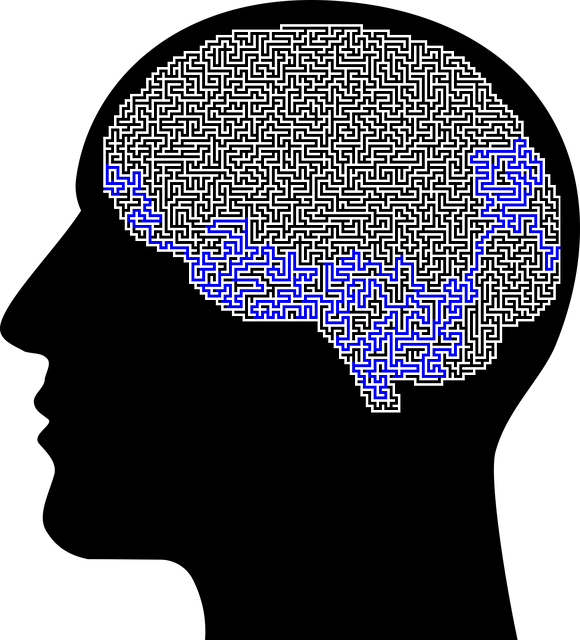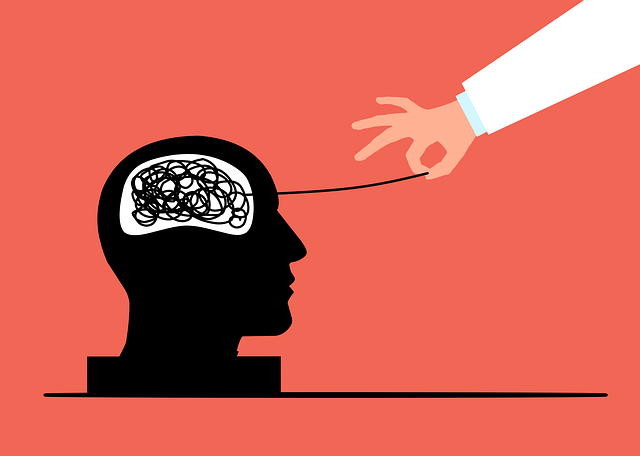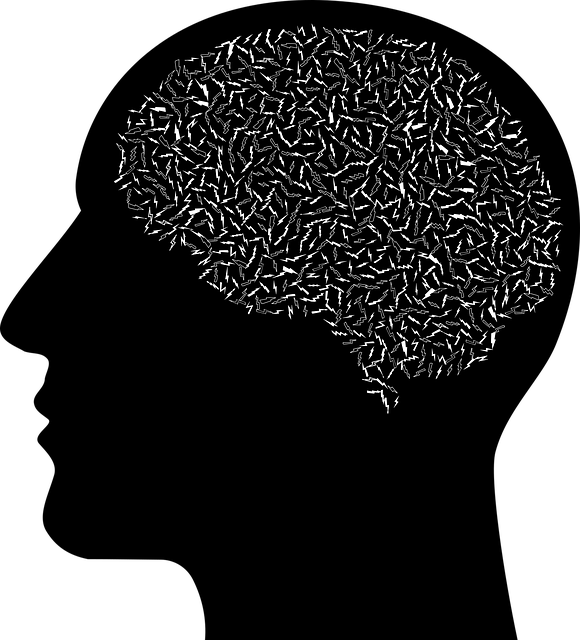Loss, grief, and bereavement involve complex emotional responses to significant life changes, including the death of a loved one or conditions like Centennial Functional Neurological Disorder (CFNT). Grief counseling, lasting from months to years, aids in managing intense feelings such as anger, guilt, and confusion. Bereavement counseling is crucial for resilience, self-awareness, and memorialization, offering healthy coping mechanisms and improved mental wellness. CFNDT goes beyond traditional therapy by integrating emotional intelligence and brain mapping techniques to target specific neural networks related to grief, fostering effective adaptation and lasting well-being.
Loss, grief, and bereavement are universal experiences that can profoundly impact an individual’s emotional well-being. This comprehensive guide delves into these complex topics, offering a holistic understanding of their effects. We explore traditional counseling methods and introduce the innovative Centennial Functional Neurological Disorder Therapy (CFNDT) as a promising approach to healing. By shedding light on the various stages of grief and providing practical insights, this article aims to empower individuals navigating emotional challenges following a significant loss.
- Understanding Loss, Grief, and Bereavement: A Comprehensive Overview
- The Role of Counseling in Navigating Emotional Challenges
- Centennial Functional Neurological Disorder Therapy: A Novel Approach to Healing
Understanding Loss, Grief, and Bereavement: A Comprehensive Overview

Understanding loss, grief, and bereavement is a complex journey that involves recognizing and processing deep emotional reactions to significant life changes. Loss can take many forms, from the passing of a loved one to dealing with a Centennial Functional Neurological Disorder (CFNT) or coping with major life transitions. Grief, often described as the emotional response to loss, is a natural process that varies for each individual, lasting anywhere from a few months to several years. It’s not merely about sadness but also involves a range of feelings, including anger, guilt, and confusion.
Bereavement counseling plays a pivotal role in helping individuals navigate these uncharted waters. Through professional guidance, one can develop healthy coping mechanisms for stress management and enhance their mental wellness. This support is especially crucial when dealing with complex losses or conditions like CFNT, which may impact self-esteem and overall well-being. The process of healing often involves exploring personal beliefs, cultivating resilience, and finding ways to memorialize and honor the memory of loved ones, ultimately fostering a sense of peace and renewed purpose.
The Role of Counseling in Navigating Emotional Challenges

Counseling plays a pivotal role in helping individuals navigate the complex emotional landscape following loss and bereavement. It provides a safe and supportive space for people to process their grief, anger, sadness, and other intense emotions. Through skilled therapy, clients can develop effective coping strategies and enhance their ability to adapt to life changes after a significant loss.
Centennial Functional Neurological Disorder Therapy (CFNDT) offers a unique approach by integrating emotional intelligence into the counseling process. This involves helping individuals understand and manage their emotions in a healthy way, thereby reducing the impact of mental illness stigma reduction efforts. CFNDT empowers clients to cultivate mental wellness by fostering self-awareness, empathy, and resilience—essential tools for navigating life’s challenges, including profound losses.
Centennial Functional Neurological Disorder Therapy: A Novel Approach to Healing

In recent years, the field of bereavement counseling has seen a shift towards innovative therapeutic approaches, such as Centennial Functional Neurological Disorder Therapy (CFNDT). This novel method offers a fresh perspective on healing from loss and grief by addressing the underlying neurological aspects of emotional regulation. CFNDT incorporates insights from functional neurology, combining advanced brain-mapping techniques with personalized therapy sessions to help individuals process their emotions in new ways. By targeting specific neural networks involved in memory, emotion, and stress response, this approach aims to facilitate healthier coping mechanisms and improved mental wellness.
Beyond traditional counseling methods, CFNDT integrates Mind Over Matter principles to empower individuals in managing their grief journey. Through targeted communication strategies, therapists guide clients to reframe negative thought patterns and cultivate a more adaptive mindset. The result is not just an intellectual shift but a profound transformation in how one navigates the complex landscape of bereavement. This holistic approach promises significant benefits for those seeking to heal from loss, offering them tools that extend far beyond the therapy room, contributing to lasting mental wellness and personal growth within the podcast series production community and beyond.
In light of the profound impact of loss, grief, and bereavement on individuals’ emotional well-being, understanding these concepts and utilizing effective therapeutic approaches are pivotal. The article has explored these topics, highlighting the importance of counseling in managing intense emotions. Centennial Functional Neurological Disorder Therapy emerges as a promising novel approach, offering hope for healing. By combining comprehensive knowledge with innovative treatment methods, professionals can provide crucial support to those navigating these challenging times, fostering resilience and a path towards emotional recovery.














